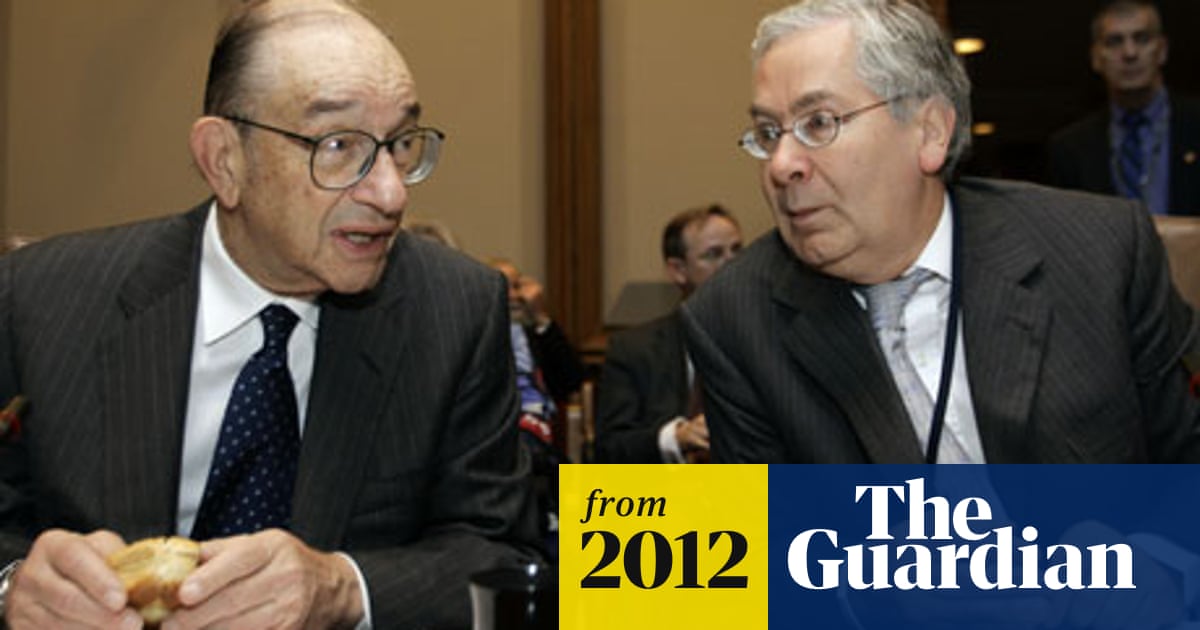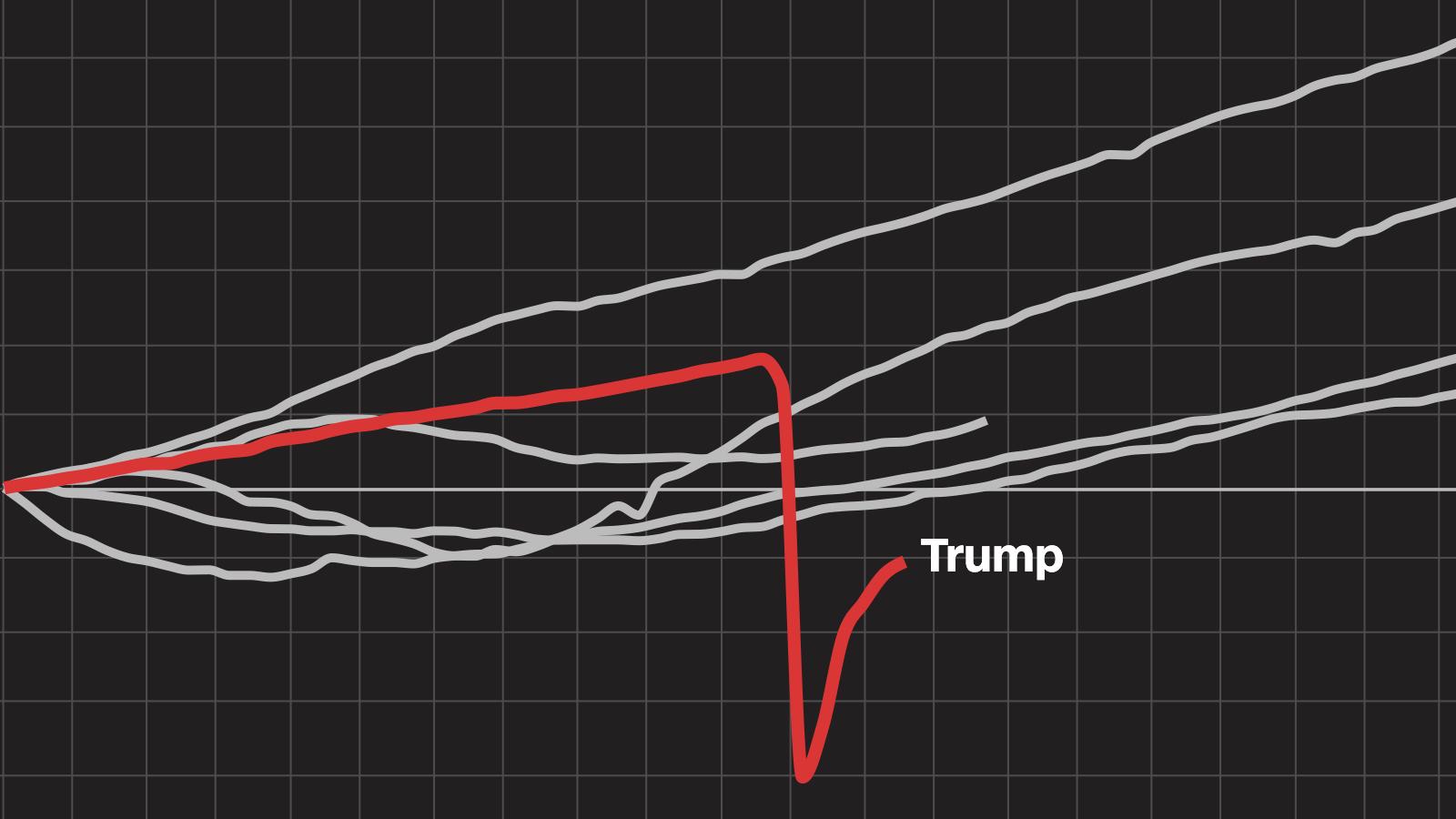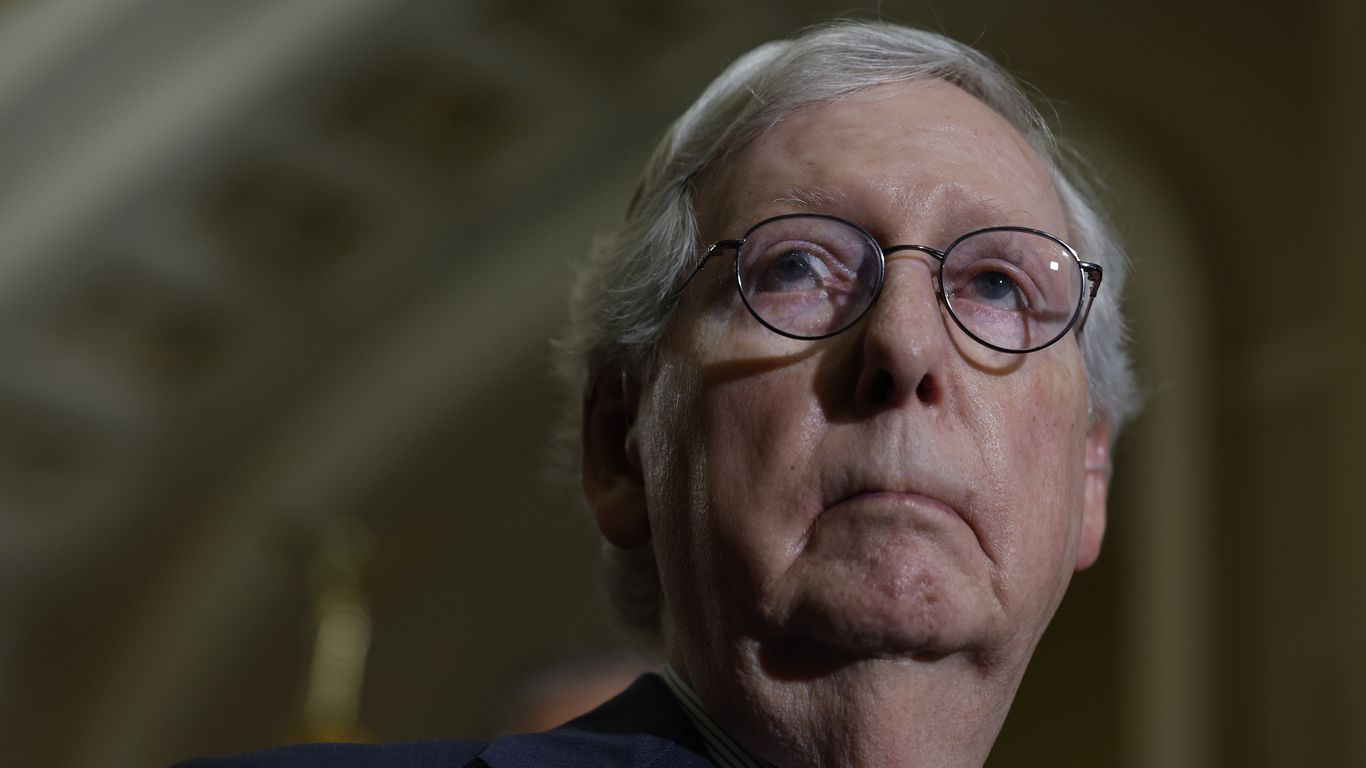[Decades? How far back and why? ]
Key Points
- The Great Recession began with the subprime mortgage crisis in 2006, when banks invested in mortgages in the form of derivatives.
- Subprime borrowers started defaulting when the housing bubble burst at the same time the Fed raised rates.
- “Too big to fail” banks, hedge funds, and insurance firms found themselves holding worthless investments.
- The stock market crashed in 2008, as the Dow registered one of the largest point drops in history.
- Congress passed multiple acts and enacted economic stimulus plans to prevent the Great Recession from becoming the second Great Depression.
How the Subprime Mortgage Crisis Caused the Recession
In November 2006, the Department of Housing and Urban Development warned that new home building permits were 26% lower than the year before.4 At this point, the mortgage crisis could have been prevented. But the Bush administration and the Federal Reserve did not realize how grave those early warning signs were. They ignored declines in the inverted yield curve.5 Instead, they thought the strong money supply and low interest rates would restrict any problems faced by the real estate industry.
They didn't realize how reliant banks had become on derivatives, or contracts whose value is derived from another asset. Banks and hedge funds sold assets like
mortgage-backed securities (MBS) to each other as investments. But they were backed by questionable mortgages.
These interest-only loans were offered to subprime, high-risk borrowers who were most likely to default on a loan. The banks offered them low interest rates. But these “too-good-to-be-true” loans reset to a much higher rate after a certain period. Home prices fell at the same time interest rates reset. Defaults on these loans caused the subprime mortgage crisis. When home prices started falling in 2007, it signaled a real estate crisis that was already in motion.
Essentially, banks had sold more mortgage-backed securities than what could be supported by good mortgages. But they felt safe because they also bought
credit default swaps (CDS), which insured against the risk of defaults. But when the MBS market caved in, insurers did not have the capital to cover the CDS holders. As a result, insurance giant American International Group almost went belly-up before the federal government saved it.6
Note
The bottom line? Banks relied too much on derivatives. They sold too many bad mortgages to keep the supply of derivatives flowing. That was the underlying cause of the recession.
This financial catastrophe quickly spilled out of the confines of the housing scene and spread throughout the banking industry, bringing down financial behemoths with it. Among those deemed “too big to fail” were Lehman Brothers and Merrill Lynch. Because of this, the crisis spread globally.7
----------
Why Didn't Obama Do More To End the Recession?
President Obama was dealing with more than just the recession as he looked toward the midterm elections.
He launched sorely needed but sharply criticized healthcare reform. He also supported the
Dodd-Frank Wall Street Reform Act. That and new Federal Reserve regulations were designed to prevent another banking collapse. They also made banking much more conservative. As a result, many banks didn't lend as much, because they were conserving capital to conform to regulations and write down bad debt. But bank lending was needed to spur the small business growth needed to create new jobs.
--------------
How the Bailout Affects You
The Dodd-Frank Act stopped the bank credit panic, allowed
LIBOR interest rates to return to normal, and made it possible for everyone to get loans.35 Without the credit market functioning, businesses were not able to get the capital they need to run their day-to-day business.
Without the bill, it would have been impossible for people to get credit applications approved for home mortgages and even car loans. In a few weeks, the lack of capital would have led to a shutdown of small businesses, which couldn't afford the high interest rates. Also, those whose mortgage rates reset would have seen their loan payments jump. This would have caused even more foreclosures. The Great Recession would have become a depression.
That gives us hope because we learned more about how the economy works and became smarter about managing it. Without that knowledge, we would be in much worse shape today.
The seeds of the Great Recession started in 2006 when housing prices began to fall. Here's an explanation of causes, effects, and solutions.

www.thebalancemoney.com
:max_bytes(150000):strip_icc()/GettyImages-83065611-ebd92e612df34afcb1d161478dc56799.jpg)






